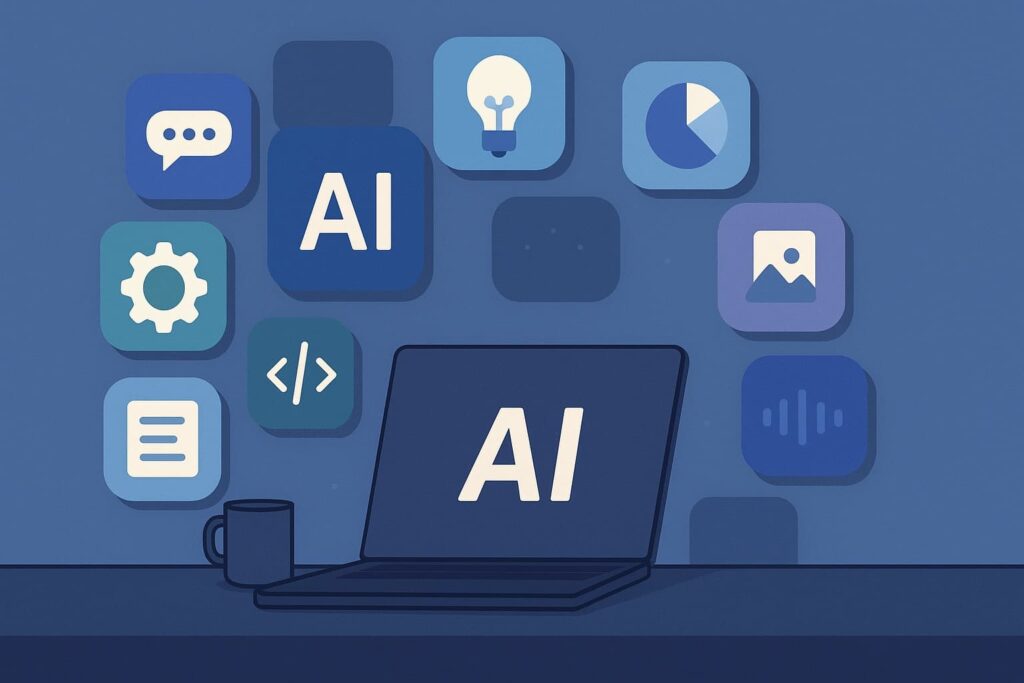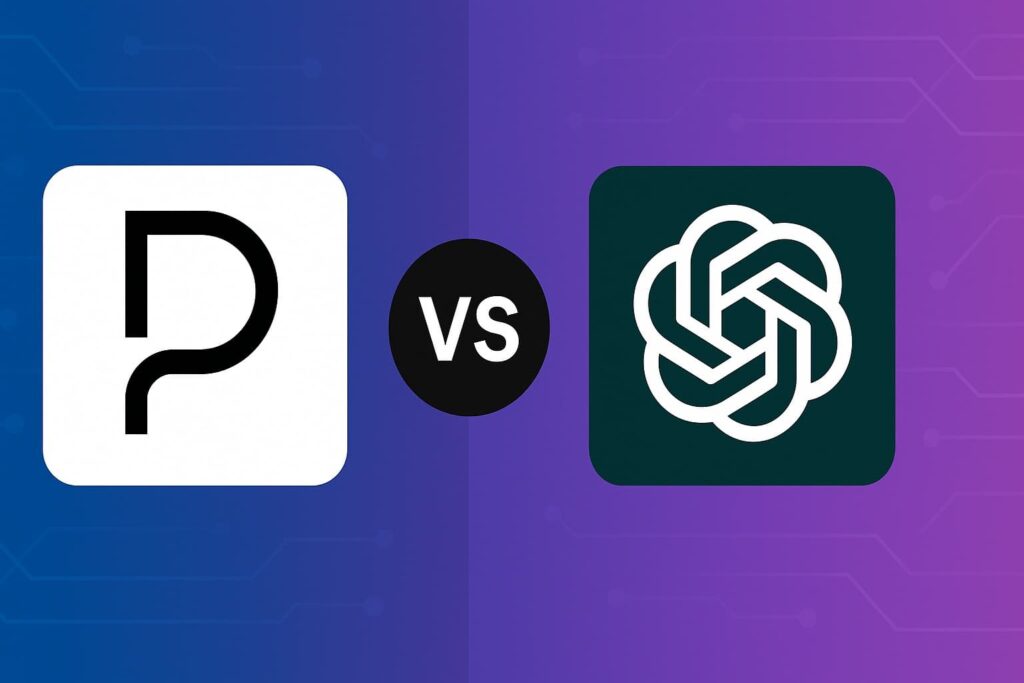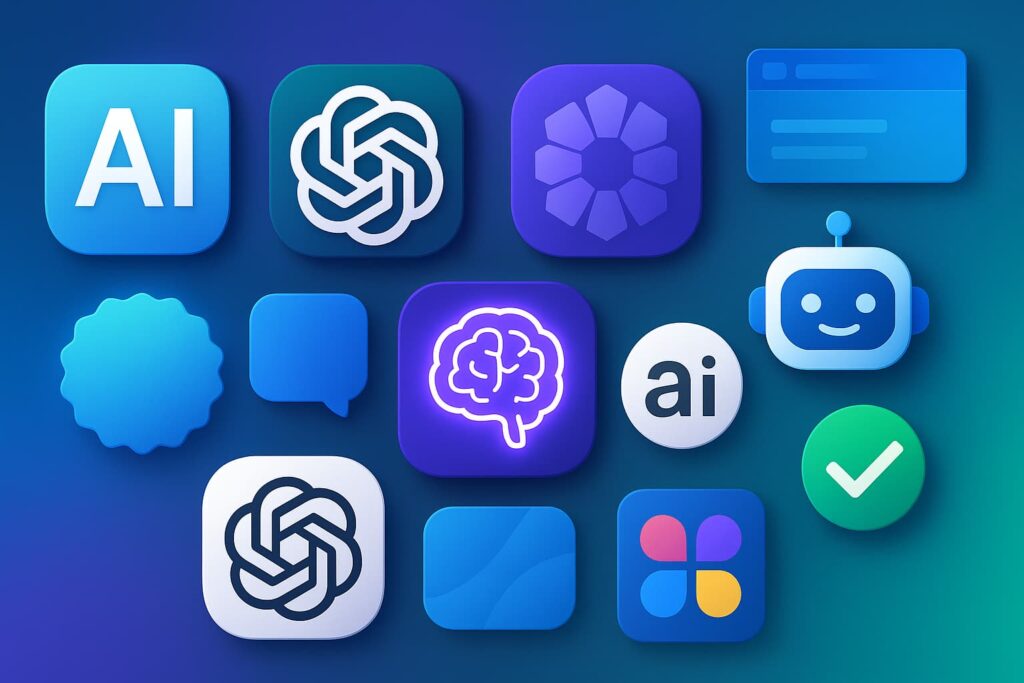Search engine optimization (SEO) has always been a bit of a moving target. Just when you think you’ve cracked Google’s code, they change the algorithm and leave you scrambling. But lately, it’s not just updates making waves — it’s artificial intelligence (AI). From smarter search engines to content creation tools, AI is reshaping SEO in ways that marketers and website owners can’t afford to ignore. Let’s break down what’s changing, what it means for your site, and how you can stay ahead.
Smarter Search Engines: The Rise of AI-Powered Algorithms
Google has been integrating AI into its search algorithms for years, but things have ramped up significantly with advancements like RankBrain and BERT (Bidirectional Encoder Representations from Transformers). These systems help Google better understand search queries by analyzing context, intent, and language patterns.
For example, rather than matching keywords word-for-word, Google now interprets the meaning behind a query. If someone searches for “how to fix a leaky tap,” Google knows they likely want a step-by-step guide, not just the definition of a tap or plumbing history. This shift has made search engines significantly better at delivering relevant results — great news for users, but a wake-up call for content creators who relied on keyword stuffing or outdated tactics.
What It Means for You:
- Focus on creating high-quality content that answers user questions clearly and comprehensively.
- Emphasize natural language and conversational writing rather than awkward keyword stuffing.
- Use structured data (schema markup) to help search engines understand your content better.
AI-Generated Content: A Boon or a Bust?
AI writing tools like ChatGPT, Jasper, and Copy.ai are rapidly gaining popularity. These tools can generate blog posts, product descriptions, and even meta tags in seconds. While they can speed up content creation, relying solely on AI to write your content isn’t a magic bullet for SEO.
Google has made it clear that AI-generated content isn’t inherently bad, but it still values helpful, reliable, and people-first content. That means you can use AI tools to assist with brainstorming, outlining, or even drafting content — but human oversight is crucial. Bland, robotic text won’t engage readers (or rank well).
What It Means for You:
- Use AI to streamline your content process, but always refine and personalize the results.
- Focus on providing genuine insights, expert opinions, and valuable information.
- Remember that originality still wins — so let your brand’s personality shine through.
AI in Search Features: New Frontiers in SERPs
Search Engine Results Pages (SERPs) are no longer just blue links and meta descriptions. Google is increasingly introducing AI-driven features like:
- Featured Snippets: Concise answers shown directly in search results.
- People Also Ask: A handy expansion box filled with related questions.
- Google Lens: A visual search tool that lets users search by image.
These AI-driven elements mean SEO is no longer just about ranking #1; it’s about earning visibility across multiple touchpoints in search results.
What It Means for You:
- Structure your content with clear headings, bullet points, and concise answers to increase your chances of appearing in snippets.
- Add descriptive alt text to images to improve visibility in visual search.
- Target long-tail keywords and question-based queries to align with “People Also Ask” results.
Voice Search and Conversational Queries
Thanks to virtual assistants like Alexa, Siri, and Google Assistant, voice search is booming. Since people tend to speak more naturally than they type, voice search queries are often longer and more conversational.
For instance, someone typing might search for “best pizza Dublin,” while someone using voice search might ask, “Where can I get the best pizza in Dublin that’s open late?”
What It Means for You:
- Optimize for conversational language by incorporating natural phrasing in your content.
- Add an FAQ section to your website to answer common questions directly.
- Focus on local SEO, as many voice searches are location-based.
AI Tools for SEO Optimization
AI isn’t just changing how search engines work — it’s also revolutionizing how marketers improve their SEO strategies. Tools like Surfer SEO, Frase, and Clearscope analyze top-ranking content and provide actionable insights to optimize your own pages. These tools help identify keyword gaps, suggest better content structure, and even predict how well your content will perform.
What It Means for You:
- Consider integrating AI-powered tools into your SEO workflow to gain valuable insights.
- Use these platforms to refine keyword targeting, improve readability, and identify content opportunities.
Future-Proofing Your SEO Strategy
AI is only going to become more sophisticated, which means SEO strategies need to evolve. Staying competitive means focusing on user experience, content quality, and technical SEO best practices.
Actionable Tips to Stay Ahead:
- Prioritize User Intent: Research what your audience really wants to know and tailor your content to meet those needs.
- Invest in Content Quality: Engaging, well-researched content will always stand out.
- Embrace New Technology: Experiment with AI tools to improve efficiency without sacrificing authenticity.
- Stay Flexible: SEO will continue to shift — keeping an eye on trends and adapting your strategy will be key.
Final Thoughts
AI is changing the way search engines understand content, and while this may feel intimidating, it’s actually a huge opportunity. By focusing on quality content, adapting to new SERP features, and embracing AI as a tool (not a shortcut), you can thrive in this evolving landscape. Remember, SEO has never been about gaming the system — it’s about connecting people with the information they need. AI just happens to be the new way those connections are made.



